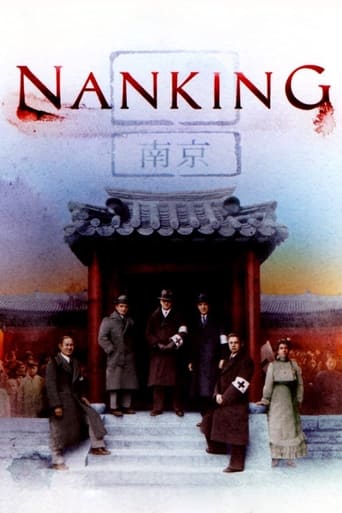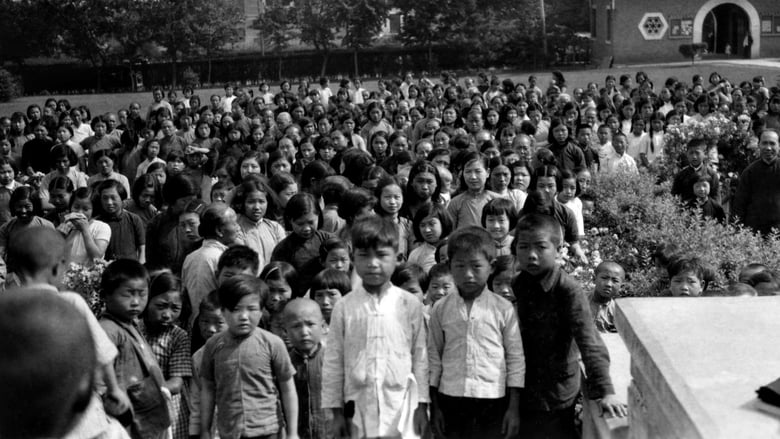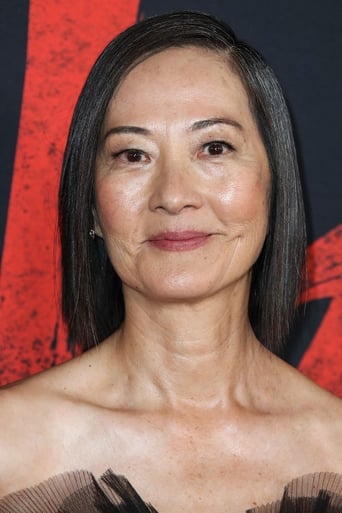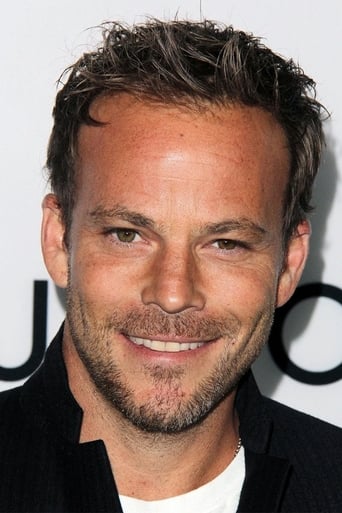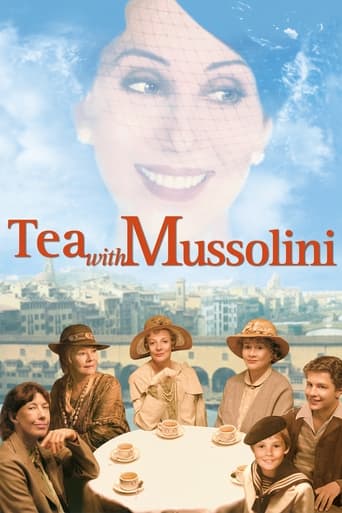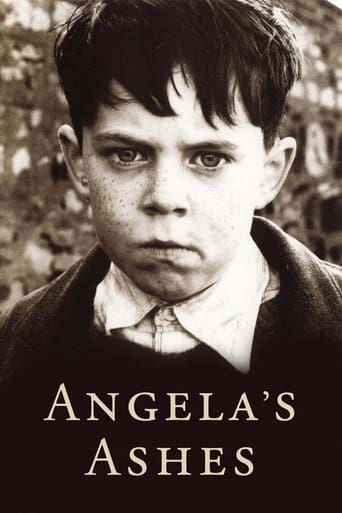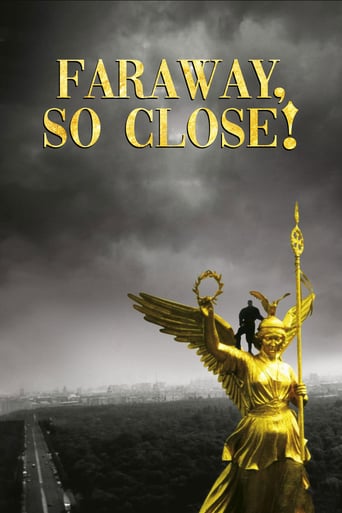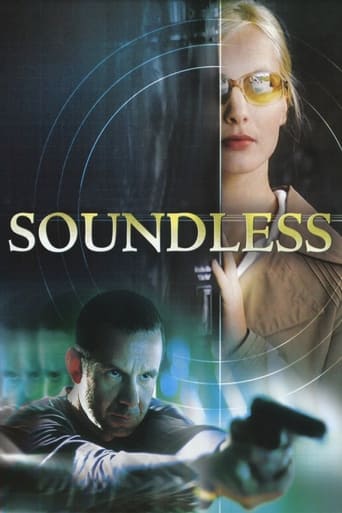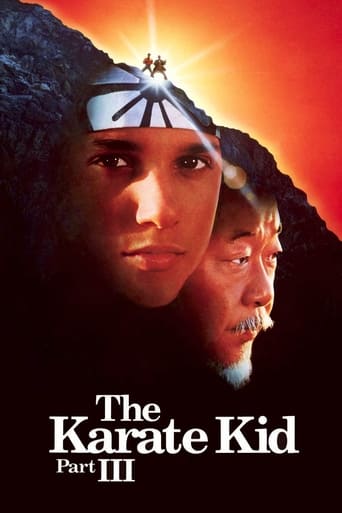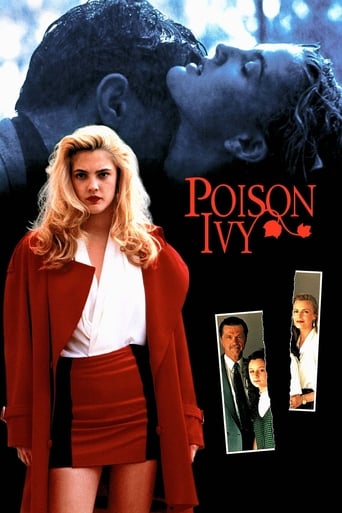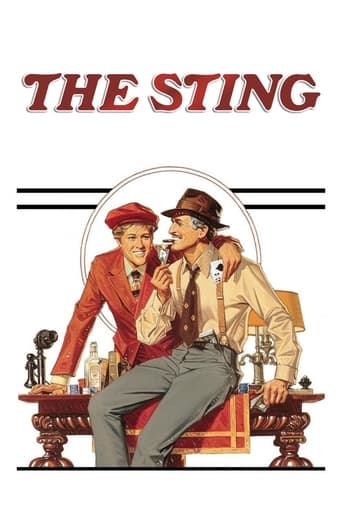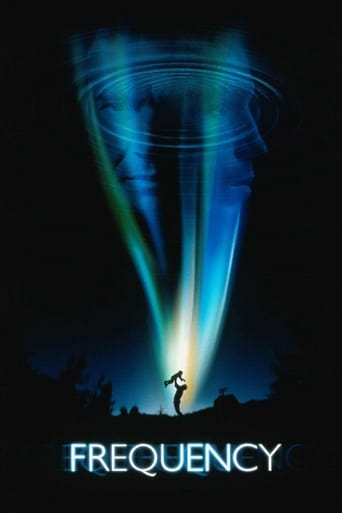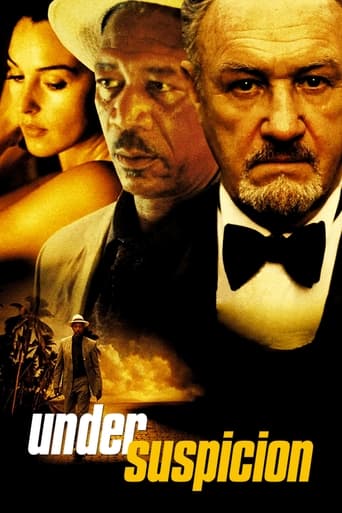Nanking (2007)
The story of the rape of Nanking, one of the most tragic events in history. In 1937, the invading Japanese army murdered over 200,000 and raped tens of thousands of Chinese. In the midst of this horror, a small group of Western expatriates banded together to save 250,000. Nanking shows the tremendous impact individuals can make on the course of history.
Watch Trailer
Cast


Similar titles
Reviews
This movie is the proof that the world is becoming a sick and dumb place
People are voting emotionally.
This is a small, humorous movie in some ways, but it has a huge heart. What a nice experience.
The film never slows down or bores, plunging from one harrowing sequence to the next.
While the Nazi atrocities were the most infamous events in the 1930s and 1940s, Japanese forces carried out a series of equally vicious actions in China and Korea. In 1937, the Japanese army nearly wiped the city of Nanjing off the face of the earth while committing a near genocide against the population. In the midst of the horror, a group of westerners established a Safety Zone as a refuge for people fleeing the atrocities. The documentary "Nanking" intersperses footage of the terror with readings from the diaries of the westerners who established the Safety Zone, and also interviews with Chinese citizens who survived the massacres. In addition, there are also interviews with former Japanese troops who act as if they didn't do anything wrong.The documentary shows a good contrast between the ability to carry out evil acts and the desire to do good in the most desperate circumstances. The Chinese survivors have some of the most heartbreaking stories, probably very similar to the stories that the survivors of concentration camps have.The point is to understand that these malicious deeds are unfortunately inevitable when a country has an empire. Much like Germany's actions in Poland or Italy's actions in Ethiopia, Japan's actions in China must never be forgotten, although Japan's government still denies it.Another good movie focusing on the Japanese occupation of Nanjing is the recent "Flowers of War", starring Christian Bale as a clergyman giving Chinese schoolgirls sanctuary.
I won't leave an 'out of ten' for this one because I turned it off after an hour. Not to downplay what happened to the citizens of Nanking but sometimes you just have to ask yourself 'Why am I watching this?'. I rented this one cause it said 'based on the incredible true story...westerners unite to save thousands of innocent civilians from the atrocities of war' or something like that. So I was expecting some feel-good re-enactment of history, something akin to Schindlers List. But after watching for about an hour, listening to the REAL people describing some of the most gruesome acts of atrocity committed to their loved ones before their very eyes, I began to realize that this movie was not for me. Yes, all this happened, and yes, we must Never Forget, but at the same time I believe you can make an argument against using horrific anecdotes to teach history. For the people who lived through this I don't believe there is any story of redemption, no rhyme or reason, no heroic deliverance. Yes, good people stood up and saved lives and that should have been the focus of this documentary, not the unspeakable brutality.
In 1937, the Japanese army invades China in a cruel war and after the fall of Shanghai, the soldiers head to the capital Nanking. A group of Western foreigners led by John Rabe, Minnie Vautrin, Bob Wilson and George Fitch create the Safety Zone, a sanctuary that was not bombed by the Japanese airplanes, to protect thousands of refugees. While the Japanese soldiers reach the town on 13 December 1937, raping, slaughtering and pillaging the civilian, the heroic group of Westerns defends the lives of about 250,000 Chinese sacrificing their own freedom, and succeeds to tell the world the crimes of war committed by the Japanese army in Nanking.The harrowing, heartbreaking and awesome "Nanking" retells the story of the genocide in Nanking in 1937 promoted by the Japanese army. In the late 90's I saw the also impressive and disturbing "Nanjing 1937" (a.k.a. "Don't Cry, Nanking") and I confess that was the first time I heard anything about this massacre. In the movie "Shake Hands with the Devil", the Canadian General Romeo Dellaire has a fantastic line when he says that "genocide is when there are cargo train, concentration camps, gas chambers". In Hollywood, usually genocide is associated to the Jews in World War II and there are dozens of excellent movies about this dark period of the contemporary history. "Nanking" uses letters and other documents written mainly by the group of Westerns that created the Safety Zone in touching and emotional lectures of great actors and actresses; disturbing and heartbreaking testimonies of survivors; a great number of footages, in a magnificent work of research; and the wonderful music score of Kronos Quartet. I immediately associated how traumatic might have been the lives of these survivors after witnessing such cruel crimes of war. Further, in Nanking there were Westerns observers that told the world part of what happened in the city; imagine in Shanghai and in the minor towns in the countryside on the way of the Japanese troops without foreign witnesses how violent these soldiers might have been with the population. These group of expatriated shows the difference that an individual can make. I was really disturbed and sad after watching this fantastic movie. My vote is nine.Title (Brazil): Not AvailableNote: On 24 May 2013 I saw this documentary again.
There's Woody Harrelson. There's Mariel Hemingway. And look, there's the Chinese lady from "The Joy Luck Club" who baked chocolate-peanut butter pies for her American husband. These well-known actors aren't here to do a press junket for their latest film. Somewhat reminiscent of Louis Malle's "Vanya on 42nd Street", the arriving performers aren't here to do a workshop production of Anton Chekov's "Uncle Vanya" neither. Harrelson and the other actors file into the theater, find their seats, and transform into period piece characters before our very eyes. Adapting the story of Nanking into a filmed theater piece could have gone horribly wrong, but it's a creative gambit that pays off handsomely, sometimes with stirring results. Interspersed with familiar faces such as Hemingway and Rosalind Chao, survivors from the secret holocaust help create a dynamic of first-hand testimony and theater performance art. With each new horrific account of the ten-day siege that made a ruins out of China's capital city, the Hollywood actors slowly disappear into character, as the narrative takes precedence over the mode of its telling. What began as a jarring mix of amateur and professional actors, soon coalesces into a seamless whole, as the spilled blood of three-thousand Chinese innocents democratizes the disparate ensemble. Hemingway, however, needs to be singled out. As Minnie Vautrin, the granddaughter of Ernest Hemingway is more like a conduit than an actor.In depicting the Japanese army, the late-Iris Chang, author of "The Rape of Nanching", didn't excuse their inhumane behavior, but she did get to the root of it. Chang wrote that the young Japanese men were subjected to a very rigorous training program which desensitized them to violence. And their Shinto faith, as opposed to Christianity, doesn't contain the same message of an all-encompassing love for other people. Shintoism bred a sort of feral tribalism that proved fatal for anybody who wasn't of Japanese descent."Nanking" gives the Japanese side a voice, too, but it's a highly selective one, which may infuriate some viewers. Not one of the surviving soldiers, nor the actors portraying their brethren, expresses any remorse towards the raped and slaughtered. But perhaps this is warranted since the war criminals continue to be hailed as conquering heroes at the Yasuhune Shrine. To inflame the viewer, "Nanking" shows the men shouting, "Banzai! Banzai! Banzai!" in a context that suggests an overriding indifference among the Japanese towards the dead Chinese peasants, many of whom were women and children.Perhaps no director embodies the Japanese ideal more than Yasujiro Ozu whose domestic dramas that feature quiet, humble characters stand in stark contrast with the brutal actions of the Japanese army. During the war, Japanese filmmakers were encouraged to praise the war and promote a fascist ideology. Many succumbed to the state's edict, but not Ozu. This omission of politics is worse than a ideologically fascist film. For those who've seen propaganda films, in particular, Leni Riefenstahl's "The Triumph of the Will", there's a sense that something is amiss. In a film like "Tokyo Monogotari", Ozu's acknowledged masterpiece, the people exist in a vacuum. The Chinese aren't even a rumor, hiding in the negative space. They don't exist.

